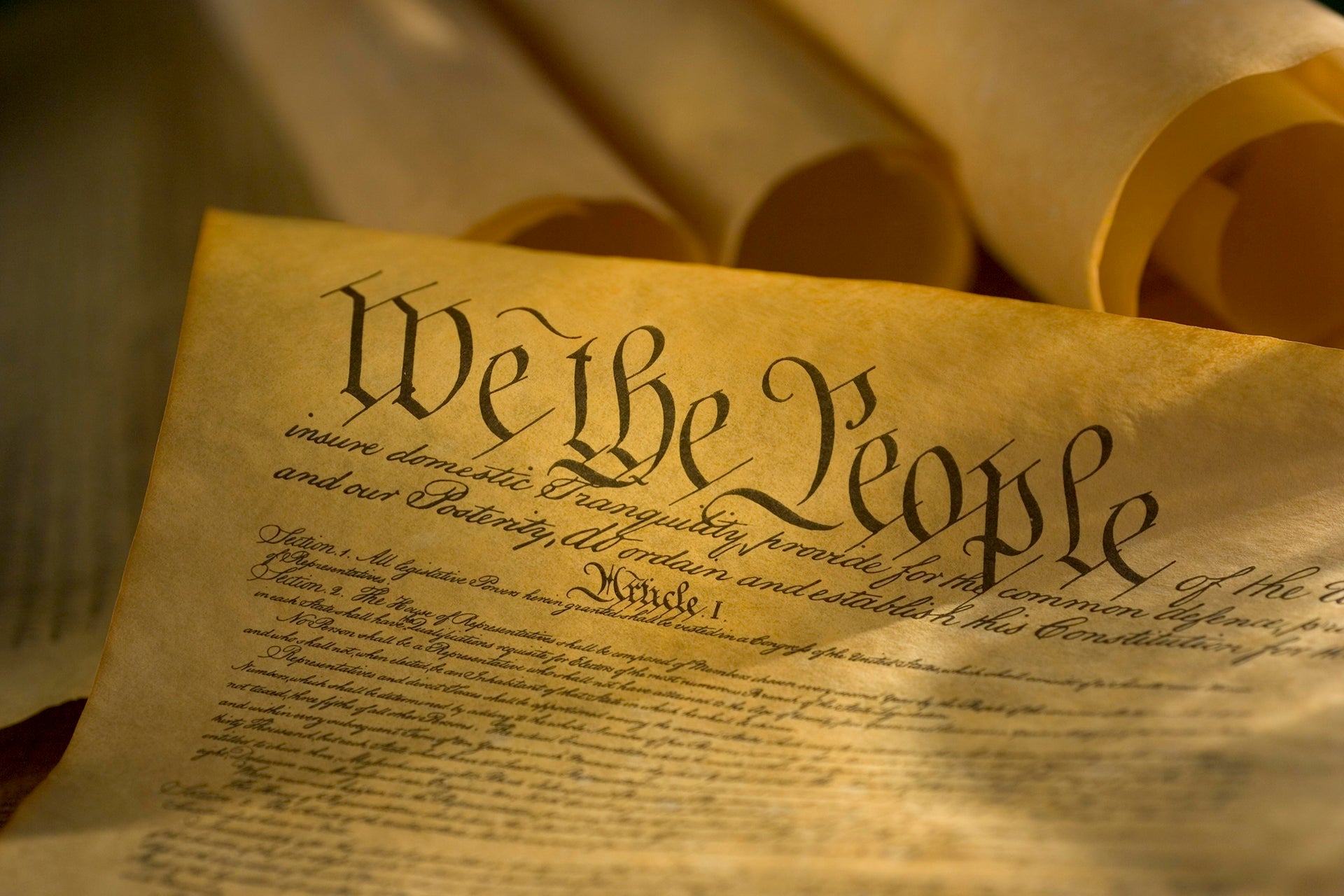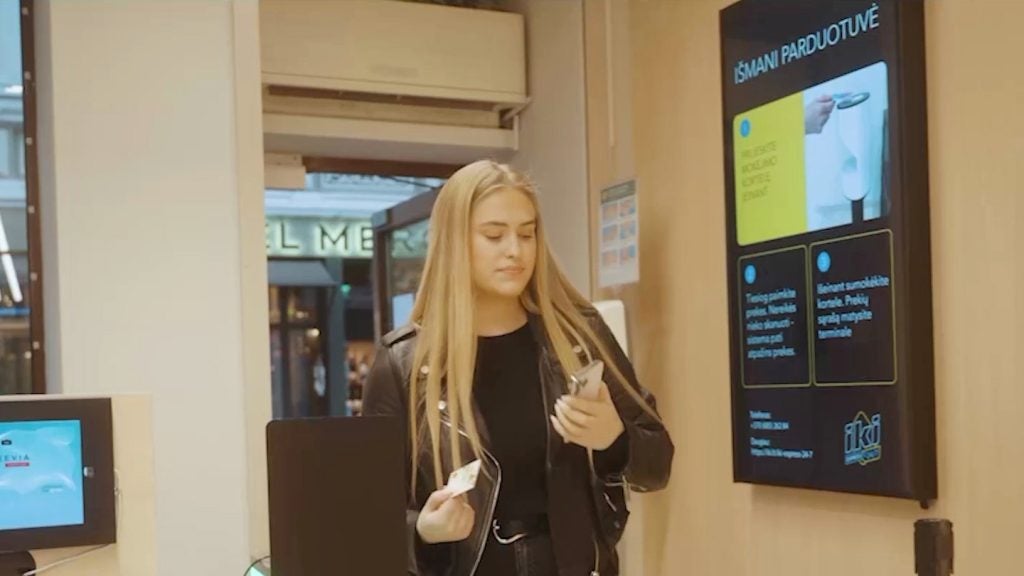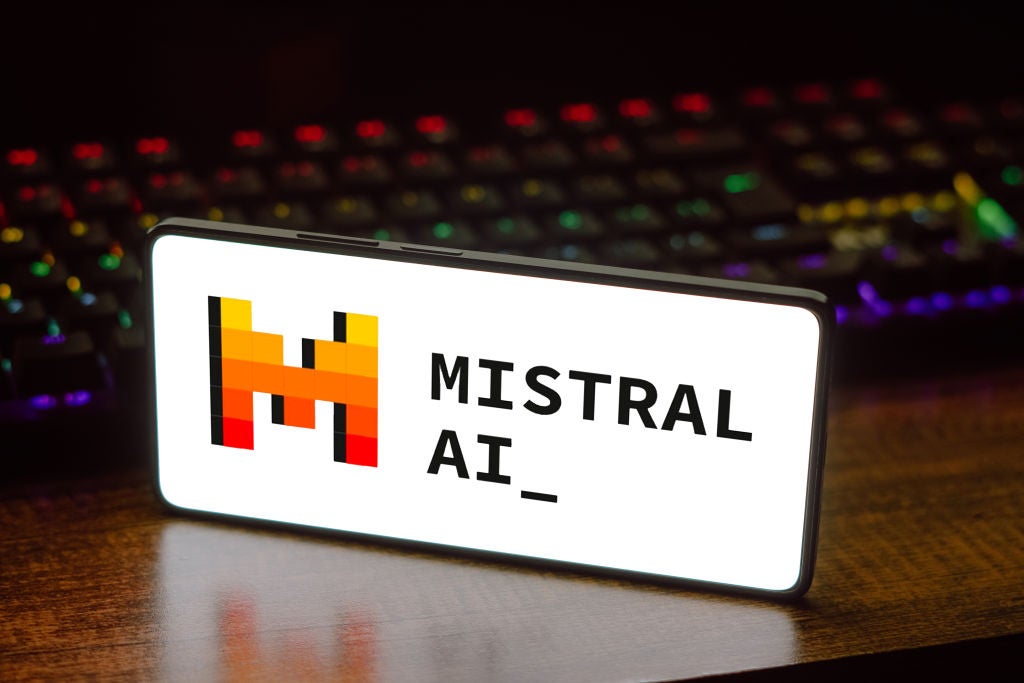
If you’ve been on any tech forums recently, you’ve probably come across the term “decentralised autonomous organisation”, more commonly shortened as “DAO”. Members of these forums often argue that DAOs are the future of the internet and that they’ll revolutionise everything from art to financing. Few, however, take the time to explain what a DAO is and why Venture capital investors are getting so excited about them.
Simply put, the term refers to an organisation that has its rules encoded on a blockchain alongside its transactions, meaning the actions of the organisation are controlled and transparent to its members. The decentralised part refers to it being beyond the control of governmental influence or the regular top-down hierarchy of most organisations, at least in theory.
In mid-November 2021 the term came into the spotlight when a group called ConstitutionDAO launched a crowdfunding campaign aimed at buying one of the 13 surviving copies of the original US constitution.
Despite raising just under $45m, the group failed to buy a copy at a Sotheby auction on Thursday November 18, causing a furore on Twitter as most things even loosely connected to cryptocurrencies are prone do.
Kenneth Griffin, the hedge fund billionaire and founder of Citadel, was the person who bought the document instead.
How well do you really know your competitors?
Access the most comprehensive Company Profiles on the market, powered by GlobalData. Save hours of research. Gain competitive edge.
 Company Profile – free sample
Company Profile – free sampleThank you!
Your download email will arrive shortly
Not ready to buy yet? Download a free sample
We are confident about the unique quality of our Company Profiles. However, we want you to make the most beneficial decision for your business, so we offer a free sample that you can download by submitting the below form
By GlobalData— ConstitutionDAO (📜, 📜) (@ConstitutionDAO) November 19, 2021
The case highlights just how popular DAOs have become, especially among VCs, cryptocurrency enthusiasts and tech bros – essentially the usual suspects you’d expect to be interested in things like bitcoin and non-fungible tokens (NFT).
Just as with NFTs, the failed attempt to buy a copy of the US constitution via a DAO won’t be the last time we hear about this type of organisation.
What is a DAO?
As noted earlier, a DAO refers to a type of organisation that uses a digital distributed ledger to track both the rules and transactions conducted by the DAO. The idea is that using blockchain technology reduces the risk of forgery, enabling the DAO’s members to keep track of the organisation’s actions and to trust it without having to involve a third party, such as a governmental agency.
Tapping into the digital ledger technology also means that DAOs can forgo the top-driven hierarchy of regular firms. Instead of a few people at the top deciding what the organisation should do, the collective does.
Another way to look at it is to say that these organisations are deploying a version of the blockchain-powered smart contracts that legaltech firms, among others, have been championing for some time.
“Smart contracts are code programmed on a blockchain designed to always function in the same manner and therefore trusted to perform exactly as specified,” according to a recent thematic research report from GlobalData.
“This results in fewer transactions being blocked due to disagreements between systems. Automation allows for fewer administrative staff, thus saving significant amounts of money. Smart contracts translate to less human interaction, which reduces the cost of doing business and limits the possibility of data being lost, sold, or stolen. Automation agreements have potential across industries, such as trade finance, logistics, insurance, and more.”
The combination of the decentralised nature of DAOs and the use of blockchain technology unsurprisingly resonates with cryptocurrency nerds who adhere to the decentralised vision of the secretive bitcoin founder Satoshi Nakamoto. As it happens a lot of them are tech investors.
The DAO hack
The history of DAOs is not all sunshine and roses. One of the most well-known examples is The DAO, which was set up in 2016 to act as a type of decentralised VC fund. Between April and May that year, it raised over $150m from more than 11,000 investors. It controlled about 14% of all ether (a prominent cryptocurrency) in existence at the time.
The funds were supposed to be invested in exciting projects decided by the community and not by a few VC partners. It later launched a governance token on the Ethereum blockchain. Holding one such token would give the owner a say in The DAO’s decisions.
However, things took a turn for the worse in June when hackers exploited vulnerabilities in The DAO’s code and were able to steal $50m of funds. The digital heist eroded the community’s trust in The DAO and the organisation shut down shortly thereafter.
In 2017, the US Securities and Exchange Commission – as part of its crackdown on initial coin offerings – issued a report on the investigation into The DAO, finding that The DAO tokens sold by the organisation were securities and therefore subject to federal securities laws. The regulator also argued that this meant that the sale of the tokens represented an unregistered offering, meaning it could’ve violated securities laws.
Who’s favouring DAOs now?
The DAO hack may have momentarily damped the enthusiasm around DAOs, but fast-forward to 2021 and it’s clear that they are back in force, with high-profile investors leading the charge.
“The future of corporations could be very different as DAOs take on legacy businesses,” billionaire investor Mark Cuban recently said. “It’s the ultimate combination of capitalism and progressivism. Entrepreneurs that enable DAOs can make $. If the community excels at governance, everyone shares in the upside. Trustless can pay.”
There are so many features and processes in any given company that can be more efficient and productive using a decentralized, trustless approach. As companies are built on this approach we will see some incredibly disruptive businesses built
— Mark Cuban (@mcuban) May 31, 2021
Andreessen Horowitz’s general partner Chris Dixon and crypto investment investor Carra Wu described DAOs as part of the “next frontier in computing” as the investment firm backed the DAO Friends With Benefits (FWB). FWB is essentially a tokenised social club for investors and artists to network via an events app, an NFT gallery and big parties.
Other examples of new DAOs include the crypto-funded media company The Information, Flamingo and PleasrDAO that were created to pool money for speculating on NFTs, newsletter DAO project Dirt, and the women-and-non-binary-centric cryptocurrency investor Komorebi Collective.
Clearly, the concept has struck a chord among the Silicon Valley elite. It remains to be seen how successful these organisations will be.







